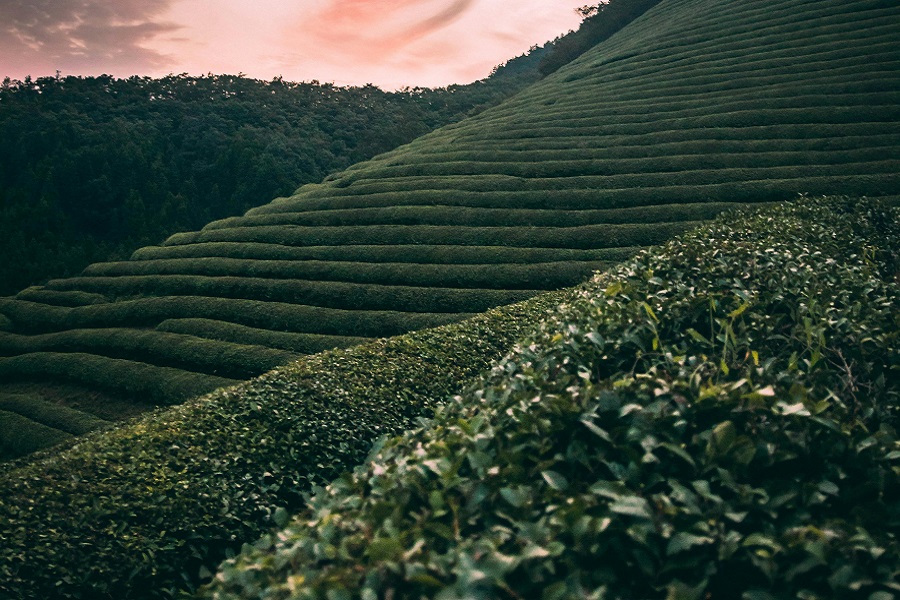Learn about tea or coffee production in countries like India or Ethiopia

Tea and coffee are two of the most beloved beverages worldwide, enjoyed daily by millions for their comforting qualities and rich flavors. However, the stories behind these drinks are as complex and fascinating as the tastes themselves. For those passionate about learning where their favorite brews come from, visiting tea and coffee production regions like India and Ethiopia offers a unique cultural and educational experience.
India: A Journey Through the Heart of Tea Cultivation
India is one of the world’s largest producers of tea, and the country’s rich tea heritage can be explored in regions like Darjeeling, Assam, and Nilgiri. These areas offer tourists a chance to learn about the traditional methods of tea cultivation and processing.
In Darjeeling, often referred to as the "Champagne of Teas," visitors can stroll through lush green tea gardens set against the backdrop of the majestic Himalayas. Here, the delicate tea leaves are hand-picked by local workers, who are often skilled in plucking the best leaves to create the distinct, aromatic flavors that have made Darjeeling tea famous worldwide. Local tea factories offer tours where you can watch the entire tea production process, from withering the leaves to the final packaging of premium loose-leaf tea.
In Assam, another major tea-growing region, the vast tea estates provide a fascinating glimpse into the scale of tea production. The experience in Assam often includes visits to tea estates, where you can see workers skillfully hand-plucking leaves, and perhaps even try your hand at it. The rich, malty flavor of Assam tea is crafted in large quantities, and tours often include tastings and explanations of the different processing methods.
Ethiopia: The Birthplace of Coffee
Ethiopia is widely regarded as the birthplace of coffee, and its coffee culture is deeply intertwined with its history and traditions. For coffee lovers, a trip to Ethiopia is a journey into the very origins of the drink.
In the highlands of Ethiopia, coffee trees grow in the wild, and local farmers cultivate them using traditional methods passed down through generations. Ethiopian coffee production is a fascinating process that involves hand-picking the ripe cherries, drying them under the sun, and carefully roasting them to develop the full range of flavors that make Ethiopian coffee unique. Ethiopian coffee is renowned for its bright acidity, floral notes, and complex flavors, which vary from region to region.
Visitors to Ethiopia can tour local coffee farms, where they will learn about the ancient methods of cultivation and preparation. One highlight of an Ethiopian coffee tour is the traditional coffee ceremony, a cultural experience that is a central part of Ethiopian life. During the ceremony, green coffee beans are roasted over an open flame, ground using a mortar and pestle, and brewed in a traditional pot known as a jebena. The resulting coffee is enjoyed in small cups, often accompanied by lively conversation and local snacks.
Cultural Significance and Sustainable Practices
In both India and Ethiopia, tea and coffee production is not just about agriculture; it’s also about preserving cultural heritage and promoting sustainable practices. In India, tea estates are increasingly adopting eco-friendly practices, such as organic farming and water conservation, to maintain the balance of nature while producing high-quality tea. Similarly, many Ethiopian farmers are committed to sustainable coffee production, ensuring that their methods support both the environment and local communities.
Both regions also emphasize the importance of fair trade and empowering local workers, ensuring that farmers receive fair compensation for their hard work. By visiting these areas, travelers gain insight into the challenges and rewards of tea and coffee farming, and have the opportunity to support ethical and sustainable practices that help protect these communities.




















